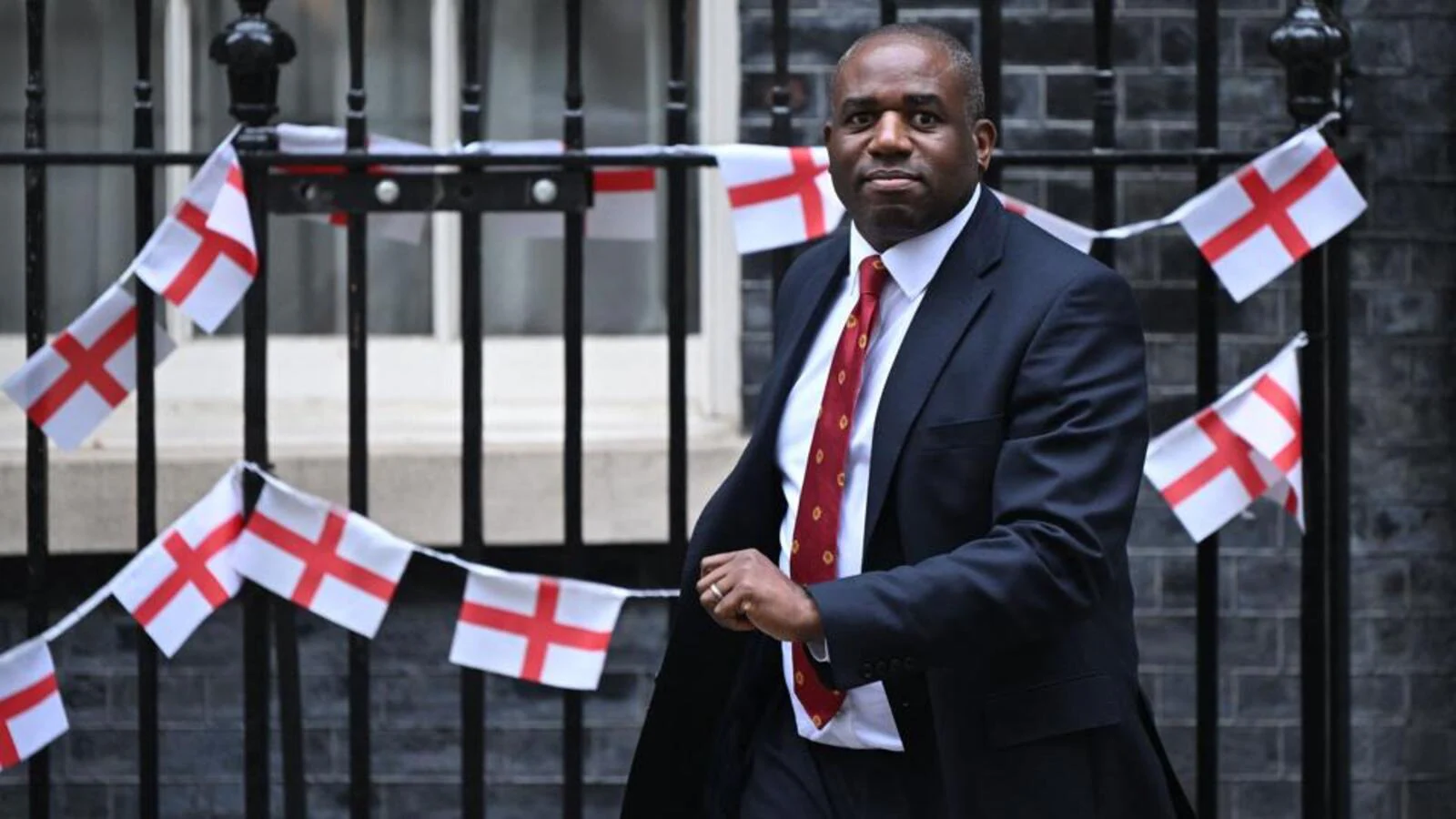David Lammy is set to visit India this week following instructions from his cabinet colleague, Jonathan Reynolds, who has directed the Department for Business and Trade (DBT) to revive trade discussions. This visit comes as part of Keir Starmer’s new government’s effort to finalize a major trade deal with India that had previously eluded the Conservative administration.
The resumption of trade talks between the UK and India is likely to stir controversy, particularly after Indian Prime Minister Narendra Modi’s recent meeting with Russian President Vladimir Putin.
At the summit, Modi was awarded Russia’s highest honor, which has raised concerns amid the international community’s push to isolate Moscow due to the ongoing war in Ukraine. India’s ongoing discussions with Russia have included several key cooperation areas, such as nuclear energy and medicine.

Additionally, there are worries regarding Modi’s Hindu nationalist policies, which have been a point of contention among Muslim groups. Keir Starmer has faced criticism and electoral setbacks due to his support for Israel, which has strained Labour’s relations with Muslim communities. The UK’s approach to India may face similar challenges given Modi’s controversial policies.
The new trade focus represents a shift from previous Labour leader Jeremy Corbyn’s critical stance on Modi’s government. Reynolds is now energizing the DBT with a dual approach: addressing the aftermath of Brexit through improved EU agreements while also pursuing a significant trade deal with India. This approach reflects the current government’s priority of enhancing trade relations to counterbalance its reliance on China.
Marco Forgione, director of the Institute for Export and International Trade, supports this shift, noting that the new strategy aligns with Rachel Reeves’ “securonomics” approach, emphasizing trusted trade relationships over mere free trade agreements.
He believes that a successful deal with India could significantly benefit the British economy by reducing tariffs and strengthening import and export supply chains. Lammy’s visit will include discussions on key areas such as tech security and collaboration on telecoms, AI, and semiconductors, which are crucial for advancing the trade deal.
